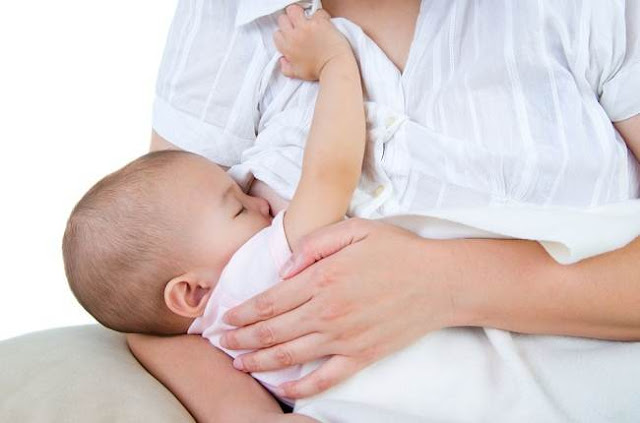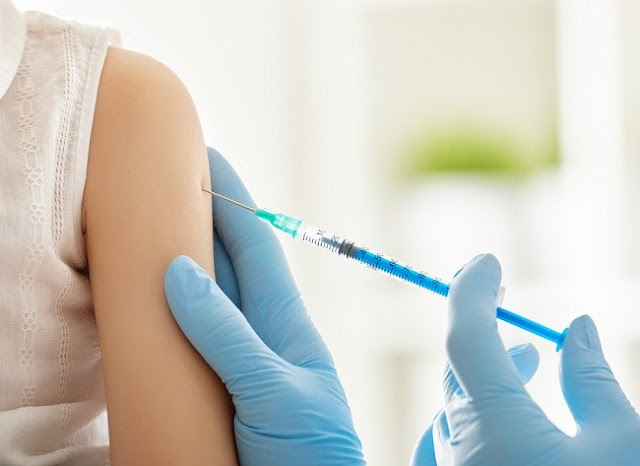Consider these 3 things before giving or receiving a breast milk donor
For some mothers, sharing Breast Milk (ASI) with babies other than their own children can feel strange, even disgusting. However, this increasingly widespread practice of breastfeeding can bring benefits to babies in need, such as babies born with low weight.
Sharing breast milk can be the right solution in improving the health quality of malnourished babies. Besides being effective, this step is proven to reduce overall infant mortality.
From the data of the World Health Organization (WHO), there are more than 20 million babies born weighing less than 2.5 kg each year. Of that amount, more than 96 percent of babies come from developing countries. Most of these cases are a consequence of premature birth and babies whose weight is lower than the average baby of the same age, or it can be a combination of both.
Low birth weight puts the baby at an increased risk of death during infancy and childhood, delays in the process of growth and development, and the risk of contracting infectious diseases. As a treatment measure, WHO recommends that babies born with low body weight should be given milk from biological mothers or from breastfeeding donors if the biological mother cannot provide it. The final choice is to provide formula milk.
But compared to formula feeding, breastfeeding donors are proven to reduce the occurrence of:
- Necrotizing encololitis (a condition in which the digestive tract is damaged to varying degrees, from inflammation to rot and leakage).
- Severe bowel disorders.
- Infection during the early days of birth.
- Willing to undergo blood tests to determine the condition of his health.
- Being in good health.
- Do not regularly consume drugs or herbal supplements (except insulin, thyroid replacement hormones, prenatal vitamins, nasal spray or nasal sprays, inhalers for asthma, eye drops, ointments, estrogen-containing low-birth control products or only contain progestins) .
- When starting to give ASI donors, the donor mother must also be having a baby under the age of 6 months.
- If the donor mother or biological baby has a cold, the donor mother should not milk the breast milk to donate until they recover.
- Blood test results indicate HIV positive, HTLV (human T-lymphotropic virus), syphilis, hepatitis B or hepatitis C.
- Having a husband or sexual partner who is at risk of contracting HIV.
- Smoking or consuming tobacco products.
- Using illegal drugs.
- Consume 60 ml of alcoholic drinks per day.
- In the past four months have received blood transfusions or blood products (except Rhogam).
- In the past 12 months have received organ or tissue transplantation.
- The demand for the biological mother or family of the baby concerned;
- The clarity of the identity, religion, and address of the breastfeeding donor is clearly known by the mother or family of the baby receiving the breast milk;
- The approval of breastfeeding donors after knowing the identity of babies who are breastfed;
- Breastfeeding donors are in good health and do not have medical indications that do not allow exclusive breastfeeding;
- ASI is not traded. 2. Giving ASI must be carried out based on religious norms and taking into account the socio-cultural, quality and safety aspects of ASI.
1. Mother Donors Must:
2. A Mother Is Forbidden To Be A Donor If:
3. Special Requirements
In Indonesia, there is already a regulation regarding breastfeeding donors, namely Government Regulation No. 33/2012 concerning the Provision of Exclusive Breast Milk. It states:1. Exclusive breastfeeding by ASI donors is done with the following requirements:
Consider the Possible Safety Risks
Remember that the practice of sharing ASI can also invite health risks for infants, depending on who the donor is and how the donor mechanism is carried out, for example how the storage of breast milk and so on. Risks for the baby include:
- Exposed to infectious diseases, including HIV.
- Contaminated with chemicals from drugs consumed by donor mothers. Like milk in general, milk that is not stored or frozen properly can become contaminated and not safe to drink. Also, note that the nutritional needs of each baby depend on many factors, including the age and health condition of the baby. Therefore, consult with your doctor beforehand about the choice of giving donor milk for children.
Make sure the ASI donor has undergone a health test
If after consulting a doctor, Mother decides to breastfeed donors to the baby, make sure the donor's mother has a health check to ensure the safety of her milk. Regarding the cost of examining the donor mother, it can be discussed together.



Comments
Post a Comment